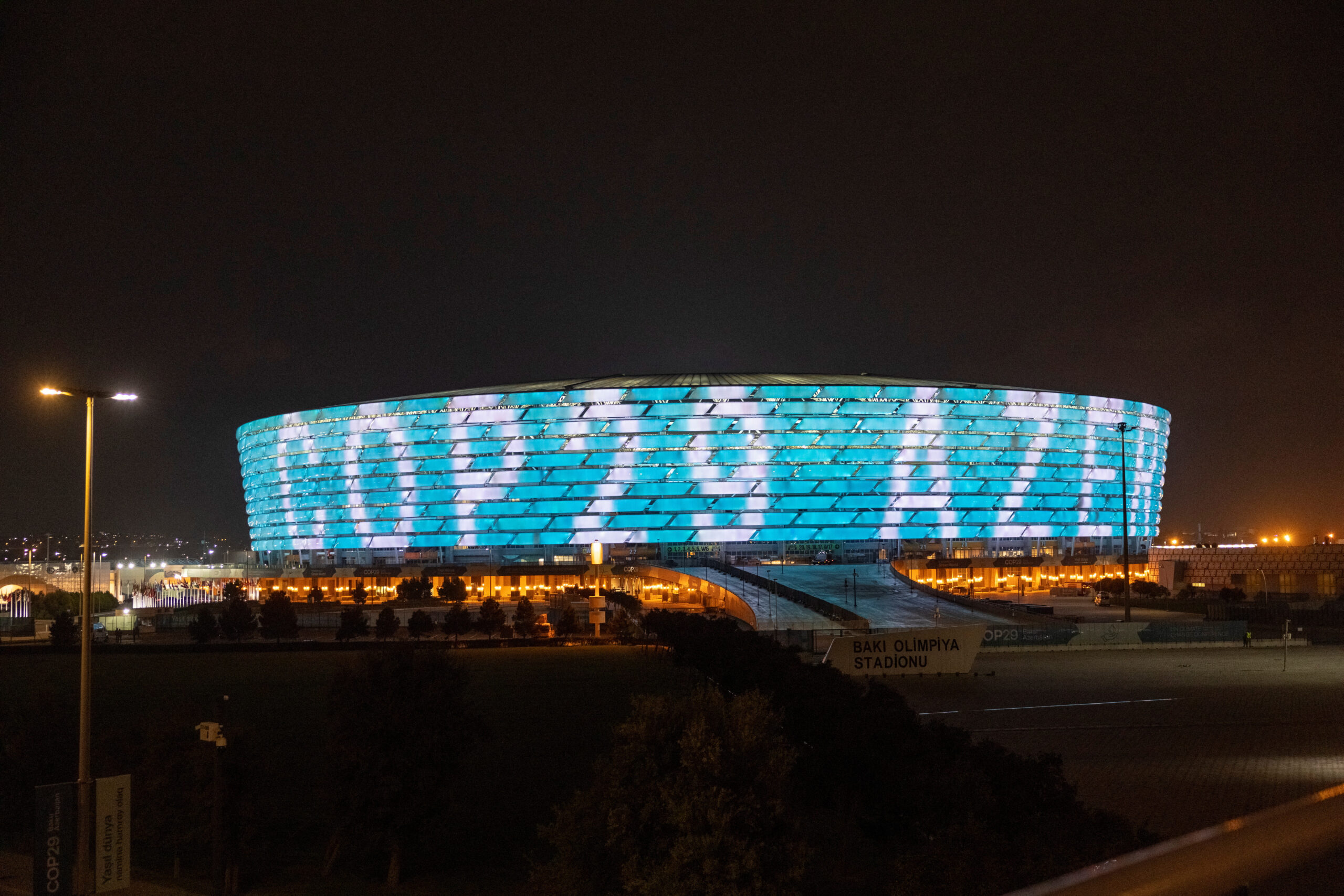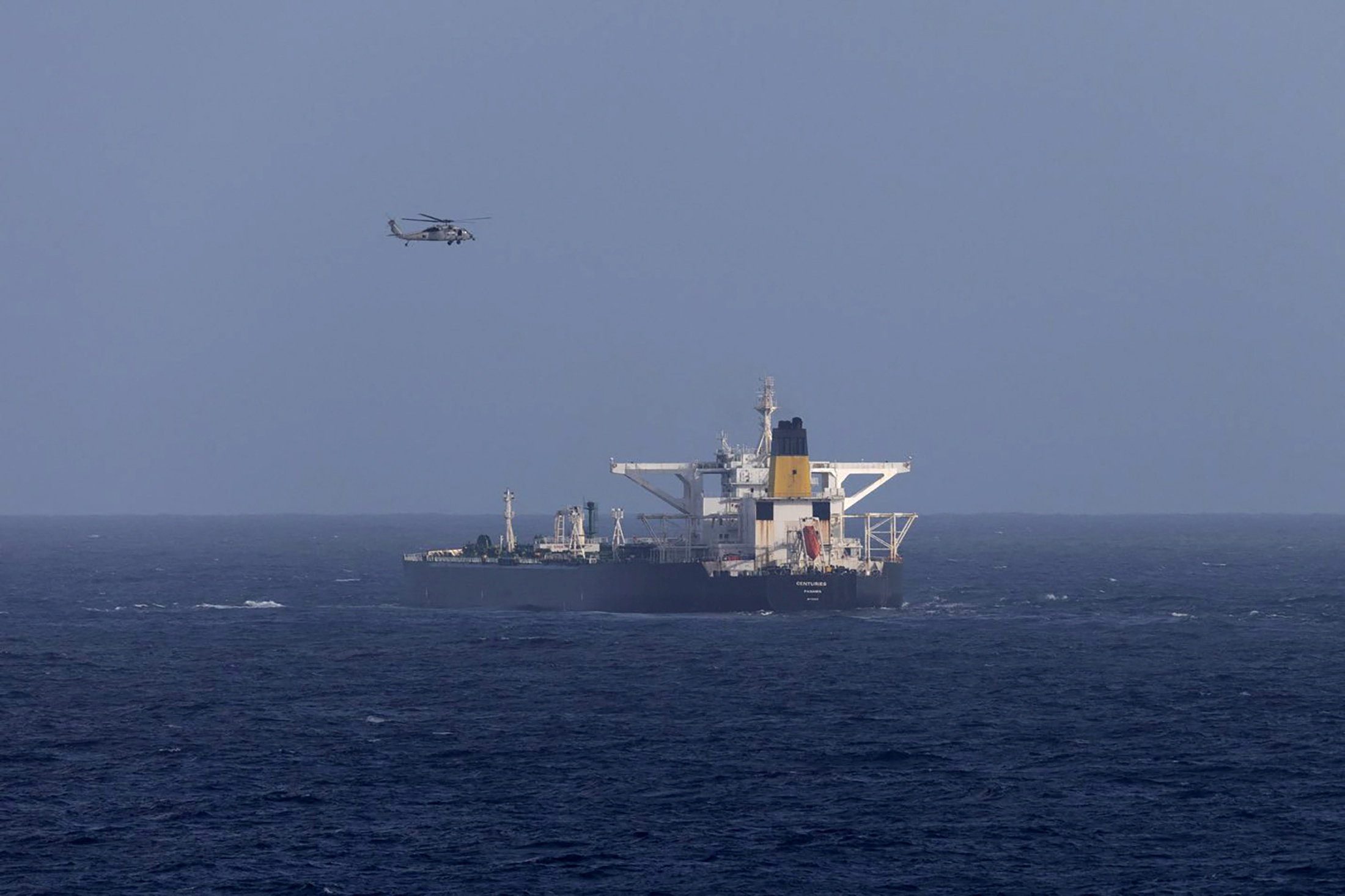By Virginia Furness and Kate Abnett
BAKU, Nov 11 (Reuters) – Countries at the two-week COP29 climate summit gave the go-ahead on Monday to carbon credit quality standards which are critical to launching a U.N.-backed global carbon market that would fund projects that reduce greenhouse gas emissions.
The green light was an early deal on day one of the U.N. conference in Baku, Azerbaijan. Governments are also meant to hammer out a climate finance agreement, although expectations have been muted by Donald Trump’s U.S. election win.
President-elect Trump has said he would again pull the U.S. out of the global Paris climate agreement, which lays the groundwork for the planned U.N.-backed carbon market.
However, Juan Carlos Arredondo Brun, a former climate negotiator for Mexico who now works for carbon market data and souring company Abatable, said the endorsement “will bring us closer to operationalising the carbon market before any single party may decide to move away from the Paris Agreement.”
Monday’s deal could allow a U.N.-backed global carbon market, which has been years in the making, to start up as soon as next year, one negotiator said.
Carbon credits theoretically allow countries or companies to pay for projects anywhere on the planet that reduce CO2 emissions or remove it from the atmosphere and use credits generated by those projects to offset their own emissions.
Examples of projects could include cultivation of CO2-absorbing mangroves, or distribution of clean stoves to replace polluting methods of cooking in poor rural communities.
The market could be one route for U.S. companies to keep participating in global efforts to address climate change, even if Trump were to quit the Paris accord. If that happened, U.S. firms could still buy credits from the U.N.-backed market to meet their voluntary climate targets.
While the standards approved in Baku were aimed at allaying concerns that many projects do not deliver the climate benefits they claim, campaigners said they fell short in areas including protecting the human rights of communities affected by projects.
“A lot of funders are worried that the markets aren’t stable enough, credible enough to be able to invest more in,” Rebecca Iwerks, a co-director at non-profit group Namati told Reuters.
“It could actually hinder the development of the market if you don’t have a strong standard,” she said, of Monday’s deal.
Some negotiators were also critical of the way the deal was done. The standards were agreed by a small group of technical experts, with some countries saying they had not been given a fair say in the final rules.
Kevin Conrad, executive director for the Coalition for Rainforest Nations and former climate envoy for Papua New Guinea said the supervisory board had overstepped its mandate.
“We endorse what they have done, not the way they have done it,” he said.
Countries at COP29 will also try to finish other rules aimed at creating a robust market.
The International Emissions Trading Association, a business group that backs global carbon markets, has said total trading in the U.N.-backed market could by 2030 generate $250 billion a year and cut 5 billion metric tons of carbon output annually.
(Reporting by Virginia Furness; Editing by Alexander Smith)
(c) Copyright Thomson Reuters 2024.

 Join The Club
Join The Club












